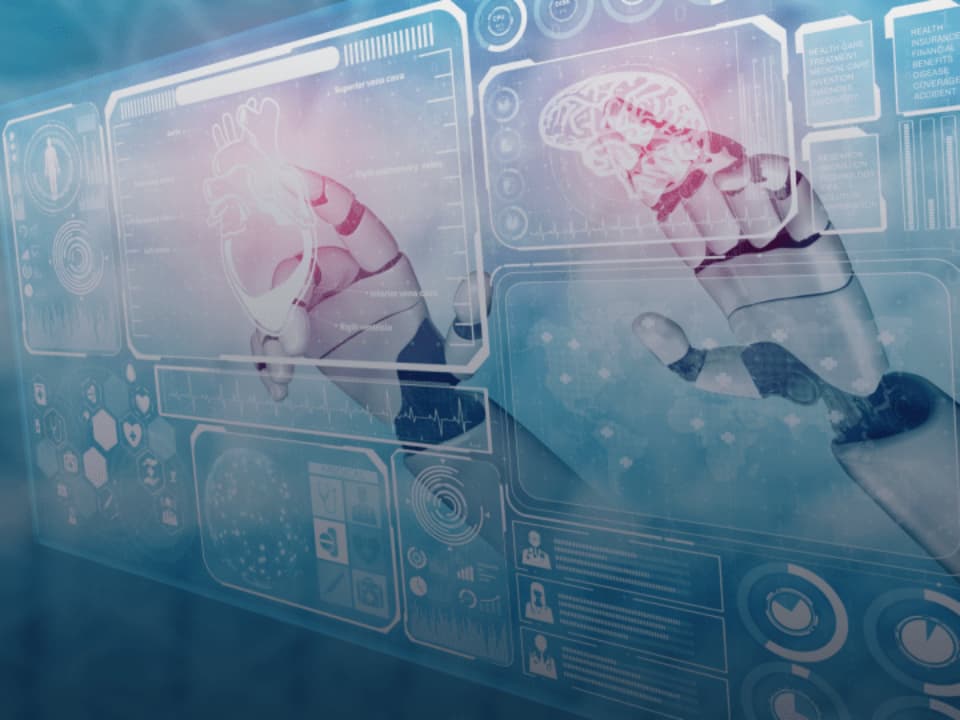AutoDoc refers to machine learning-powered systems that generate clinical documentation in real time by analyzing conversations, health data, and diagnostics. These AI tools reduce physician burnout, improve patient care quality, and streamline medical reporting.

Man, if you’ve ever seen a doctor’s desk after a long shift, you know the real villain in healthcare isn’t disease—it’s paperwork. Endless clicking, checking boxes, filling out forms… You’d think they were training to be court stenographers, not life-savers. Enter AutoDoc: basically, AI systems that crank out health reports so fast it almost feels like cheating.
Picture this: You go in for a checkup, chat with your doc, maybe complain about your knee or whatever, and before you even grab your jacket, bam—your whole report is done and dusted. And your doctor? Didn’t even have to peck away at a keyboard. Feels kind of futuristic, right? That’s the whole vibe with AutoDoc. Less typing, more actual doctoring.
Explore the Latest Health News on wellness, medical breakthroughs, fitness trends, and expert tips only at Newsonfloor Health Section.
What is AutoDoc
So, what’s the deal with AutoDoc, anyway? We're talking about some seriously smart tools that gobble up conversations, EMR notes, lab results, and spit out slick, organized summaries. Think voice-to-text, but on steroids. These things listen in (with permission, calm down), decipher all the medical lingo, and crank out everything from SOAP notes to discharge letters in seconds. Sometimes it even plugs stuff right into your EMR—no more copy-pasting the same nonsense twelve times. Bless.
How’s the sausage made?
Four steps, give or take: First, it listens to you and your doc chat. Then it deciphers the medical speak—stuff like “hypertension” and “that weird rash.” Next, it sorts all that into neat categories (with fancy codes, if you’re into that ICD-10 life). Last step: poof, here’s your report, ready for the doc to double-check. Some of these tools even play nice with your EMR, so there’s less double work.
Why’s this a big deal?
Well, brace yourself: doctors spend half their time—yeah, HALF—doing paperwork. That’s time they’re not, you know, doctoring. It’s a recipe for burnout, mistakes, missed details… the works. Chop down that admin time with AutoDoc, and suddenly docs have more minutes for patients, better notes, and probably a few less grey hairs.
Where’s this stuff actually being used?
Pretty much everywhere. Family docs use it for visit summaries, telehealth folks have it recording video chats, radiologists get instant draft reports on scans, ERs document triage in real-time, and home care aides—who sometimes struggle with computers—can just talk and let AutoDoc do the rest.
Some big names running the show:
Microsoft’s Nuance (that’s Dragon Medical, if you’re old school), Suki AI, Amazon’s HealthScribe, Augmedix, DeepScribe… Each with their own flavor but the same basic magic trick—less typing, more healing.
Challenges
Of course, it ain’t all sunshine and rainbows. Privacy’s a huge deal—no one wants their health stuff leaked. Plus, AI can get tripped up by accents, rare diseases, or just plain weird conversations. Docs also worry about getting rusty if the machine does everything. And, surprise, not everyone loves having a robot in the room. Change is hard. But honestly, the tech’s getting better fast, and lots of places have actual humans double-checking the AI’s work.
Future Considerations
So are we about to ditch pens and keyboards forever? Ehh, not quite. But things are changing. In a few years, we may see AI-written triage notes before the doctor even walks in, or real-time dashboards that update as you talk. Nurses and surgeons might just narrate what they’re doing and have it magically recorded.
Bottom line?
AutoDoc isn’t just some Silicon Valley hype—it’s a legit answer to a problem that’s been driving doctors nuts for ages. Let humans do the caring, let machines do the typing. And sure, maybe someday your health report will come courtesy of an AI, but the care? That’s still all heart.